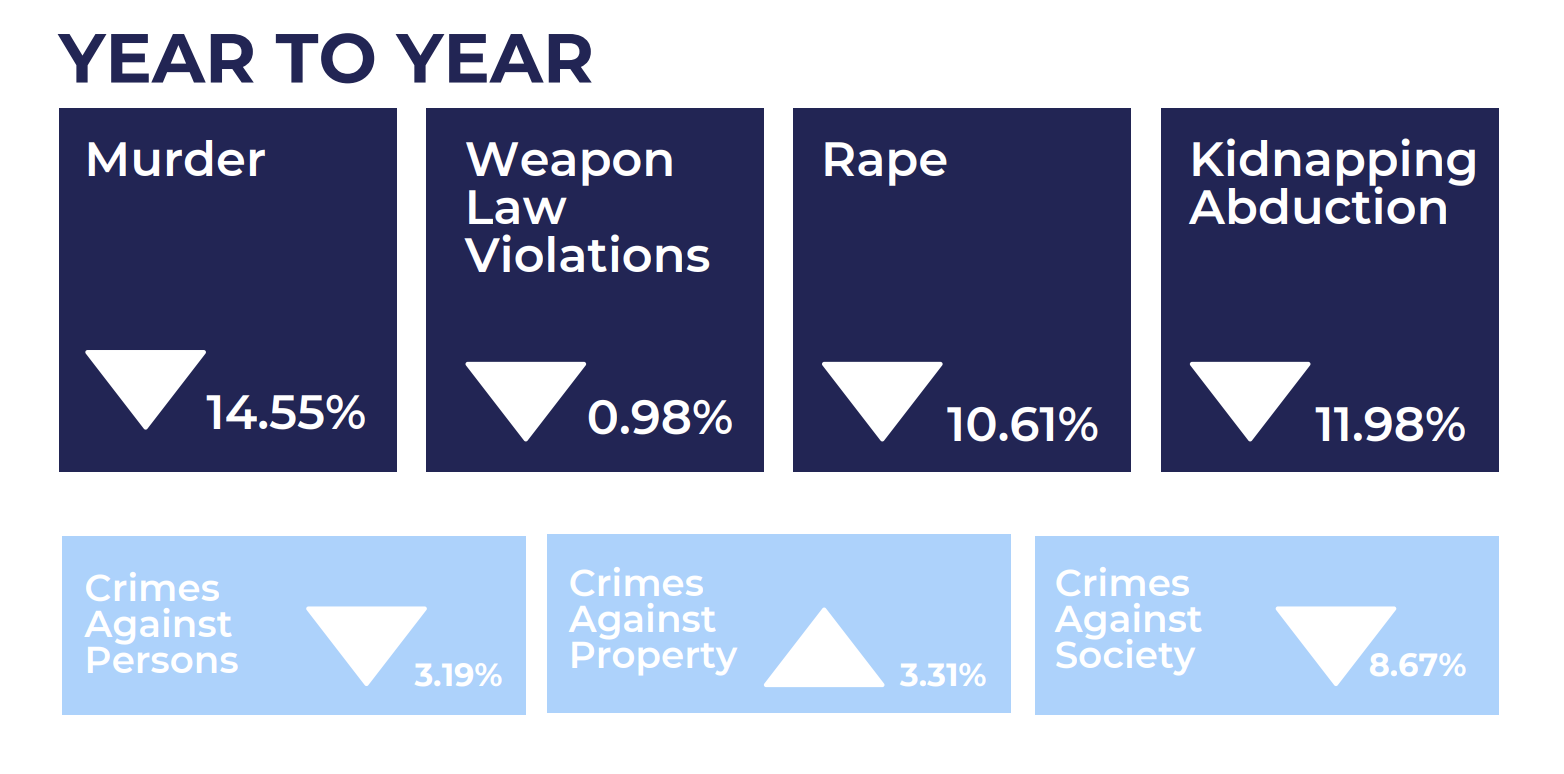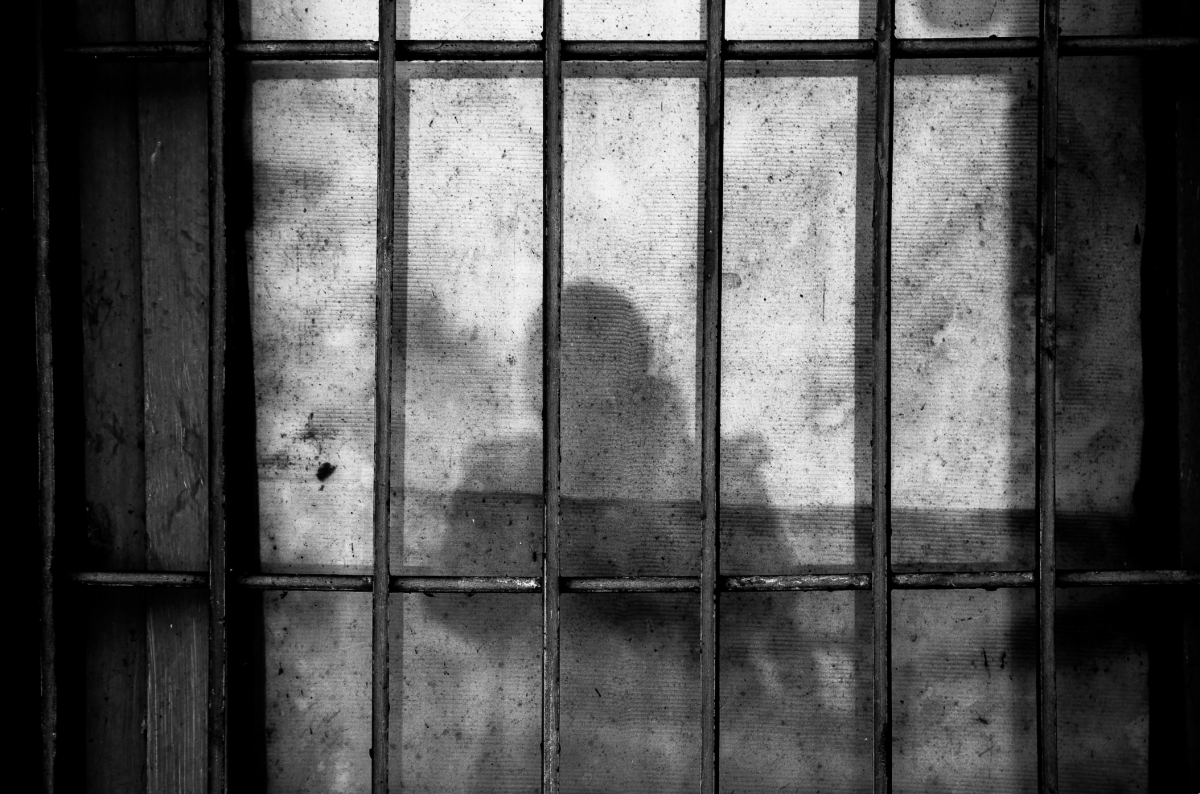After years of steady declines, Tennessee’s prison population climbed by nearly eight percent last year, a bump in the rate of incarceration that surpassed all but three other states during a period of time that also saw steep drops in the most serious crimes.
Tennessee added 1,615 more men and 125 more women to its roster of state prisoners in 2022, according to newly released data from the U.S. Department of Justice. Only Mississippi, Colorado, and Montana experienced greater gains.
By the end of 2022, there were 23,735 state inmates in Tennessee; the data does not include the population in county jails, which hold individuals for misdemeanor offenses and those awaiting trial.
Criminal justice reform advocates said they were disheartened but unsurprised by the data.
“Everything that we said was going to come true has come true,” said Dawn Harrington, executive director of Free Hearts, a nonprofit that advocates for incarcerated and formerly incarcerated individuals.
Among the drivers, Harrington believes, is Tennessee’s so-called truth-in-sentencing law, which took effect midway through 2022. The law requires heightened minimum sentences for a host of offenses.
The COVID epidemic also ushered in a series of social and economic challenges — among them unemployment, limited access to mental health resources and widening disparities in education and healthcare. All are “predetermining factors” that may also explain why more men and women wound up behind bars, she said.
The Tennessee Department of Correction did not respond Friday to questions about factors state officials believe are driving the growth in Tennessee’s prison population.
Tennessee incarcerated more people in 2022 despite a drop in crime. The Tennessee Bureau of Investigation reported incidents of murder, rape, and kidnapping decreased by double digits last year.

Data that could shed light on the number of imprisoned people who received lengthier sentences as a result of last year’s truth-in-sentencing law was not immediately available last week.
The law was enacted over the objections of Gov. Bill Lee, who said he was concerned about “unintended consequences.”
“Widespread evidence suggests that this policy will result in more victims, higher recidivism, increased crime and prison overcrowding, all with an increased cost to taxpayers,” Lee said in a letter to House Speaker Cameron Sexton and Lt. Gov. Randy McNally before the legislation was enacted.
“If we need to build more prisons, we can,” Sexton responded at the time.
Lee, nevertheless, declined to veto the law, allowing it to take effect without his signature.
Tennessee Lookout is part of States Newsroom, a network of news bureaus supported by grants and a coalition of donors as a 501c(3) public charity. Tennessee Lookout maintains editorial independence. Contact Editor Holly McCall for questions: info@tennesseelookout.com. Follow Tennessee Lookout on Facebook and Twitter.
